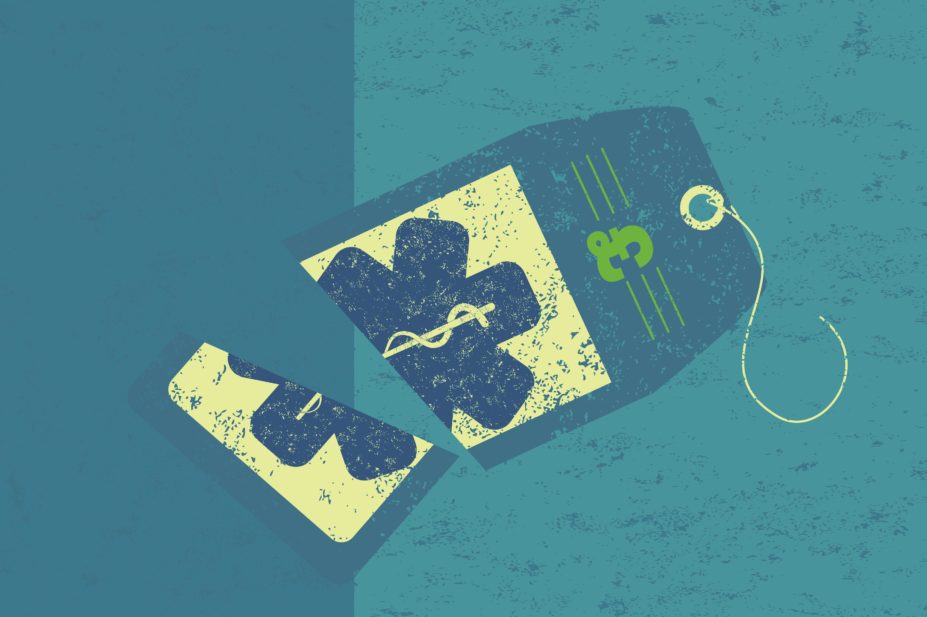
istockphoto.com
People know the price of food yet millions of tonnes of it are wasted each year. Why should medicines be any different?
The factors that govern why people do, or don’t, take medicines are complex and not very well understood. Most interventions that have tried to dint the mythical £150m figure have been largely unsuccessful, yet we seem to plough on repeating the mistakes of the past by imposing nationwide, poorly thought through and un-evidenced solutions.
The latest example of this is the suggestion that the price of medicines be put on labels. The theory being that somehow seeing this price those people previously not taking their medicines will suddenly be galvanised through a sense of civic duty to act in a more responsible fashion.
On the face of it, it seems a sensible solution. It’s something I have heard proposed at many meetings discussing the problem of medicines waste and what to do about it. It fits in with thinking that patients should be well informed about their treatment.
Ensuring patients are well informed is not achieved simply by sticking stuff on a label or giving out an information sheet. As the National Institute for Health and Care Excellence guidance on adherence states, a more individual approach is needed that involves health professionals spending time with patients. The risk of such an approach is the unintended consequence of patients not wanting to take their medicines cognisant of the fact they are a burden on the NHS. It also detracts from the primary purpose of medicines labelling: patient safety.
Such a solution doesn’t solve the real problem: why are we prescribing medicines to people who aren’t taking them? This can only be solved much further upstream in the prescribing process and this is where efforts need to be devoted. This is now even less likely to happen because valuable time and resources will be wasted on implementing and delivering this unwieldy and probably ineffective solution.
Medicines waste is a big issue and won’t be solved by a simplistic solution, however well meaning. I urge that more thought and care is taken before it is imposed on a pharmacy profession that is already struggling to spend time where it is really needed: with other healthcare professionals, and with the patient.


